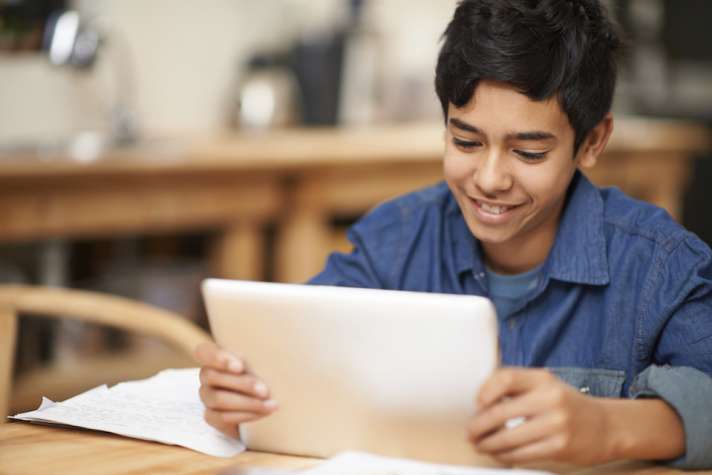Online classes taking place via Skype, Zoom, and other similar platforms are helpful for everyone in society, especially children. After all, they can keep learning with the same purpose as they used to before the lockdown started. Online education systems are also helping teachers to communicate with their students and share knowledge. Due to the speed at which online classes are functioning, students can dedicate their time learning even without being physically present inside a classroom.
Apart from studies, teachers are also conducting extra-curricular activities, including exercise, music, motivational speaking, author discussions, and every other possible activity. The internet proved to be the best platform for everyone during this time of crisis. Through the web, an individual can interact with another individual by the various modes of flexible communication that are available today. Several people from different parts of India are participating through these online platforms by hosting discussion sessions or being part of it.
The only resources required include a proper Wi-Fi connection, an invite or an account in one of the online platforms, and a phone or laptop. People can even interact or talk with their friends, family members, relatives, and other people who reside in different parts of the nation or the world. However, a few disadvantages do exist. For instance, what about the people who don’t have any of these resources? What about them who have a phone or laptop but no internet connection? Tripura is one such place. Then again, the youngsters of the state aren’t experiencing any problems. Here you’ll learn how and why.
The government of Tripura came up with a unique initiative to engage students in the learning process via mobile phones. A state minister mentioned that the government came up with the idea when educational institutes across the country had to close due to the outbreak of the COVID-19 pandemic.
According to the education minister Ratan Lal Nath, the announcement of the lockdown took place in March. Since then, uncertainty shrouded educational institutions. Nobody can say when the schools would reopen. That’s why the government decided to launch a new project called “Ektu Khelo, Ektu Padho.” It will start from June 25th for students up to class VIII.
Nath mentioned that even the people of the remotest villages have mobile phones even if they don’t have access to the internet or cable TV network.
Those who have Android phones can receive study materials through WhatsApp. Others will get the same through SMS. If required, the students can use the phones of their guardians.
Nath went on to say that the academic coordinators from various districts would distribute the study materials among the headmasters of schools. Then, the headmasters would engage the teachers to monitor the process of education.
There are around 4,733 government-managed schools in Tripura that provide education to more than 5 lakh students.
In April, the Tripura Education Department even launched several programs for students through web-based classes and recorded videos that they streamed both on cable television channels and social media platforms.






